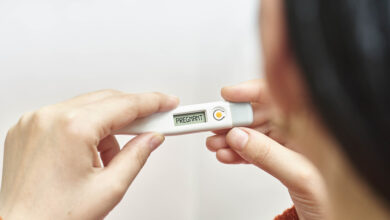Liposuction: What You Should Know?

Liposuction is a cosmetic surgical procedure that removes excess fat from different areas of the body. The procedure can help to contour and sculpt the body, giving it a more toned appearance. However, like any other surgery, there are risks involved, and it’s essential to understand what liposuction involves and what to expect from the procedure.
Before undergoing liposuction, it’s crucial to have a thorough consultation with a board-certified plastic surgeon. During the consultation, the surgeon will evaluate the patient’s medical history, current health status, and desired outcome. The surgeon will also explain the procedure in detail, including the risks, benefits, and recovery process.
One of the primary benefits of liposuction is that it can be performed on various parts of the body, including the abdomen, thighs, buttocks, hips, arms, and chin. The procedure involves making small incisions in the targeted area and using a suction device to remove excess fat. The surgeon will use a local anesthetic or general anesthesia depending on the extent of the procedure.
It’s important to note that liposuction is not a weight-loss solution or a substitute for a healthy lifestyle. The procedure is ideal for people who have tried diet and exercise but cannot seem to eliminate stubborn fat deposits in specific areas of their bodies. Liposuction is also not recommended for people with significant health issues, such as heart disease, diabetes, or lung disease.
While liposuction is generally safe, like any other surgery, there are risks involved. Some of the potential complications include bleeding, infection, allergic reactions, and anesthesia risks. It’s essential to choose a qualified and experienced surgeon to minimize the risk of complications.
After the procedure, patients may experience some discomfort, swelling, and bruising, which can last for several days. The surgeon may recommend wearing compression garments to help reduce swelling and promote healing. It’s also essential to follow the surgeon’s post-operative instructions, including avoiding strenuous activities and taking medication as prescribed.
Overall, liposuction is not a substitute for a healthy lifestyle, and it’s crucial to maintain healthy habits to maintain the results of the procedure. If you’re considering liposuction, be sure to consult with a board-certified plastic surgeon and discuss your goals and expectations thoroughly. With the right preparation and care, liposuction can be a safe and effective way to achieve a more toned and contoured body. Patients who undergo liposuction should also maintain a healthy lifestyle to maintain the results of the procedure. This includes eating a balanced diet, getting regular exercise, and avoiding smoking and excessive alcohol consumption.




